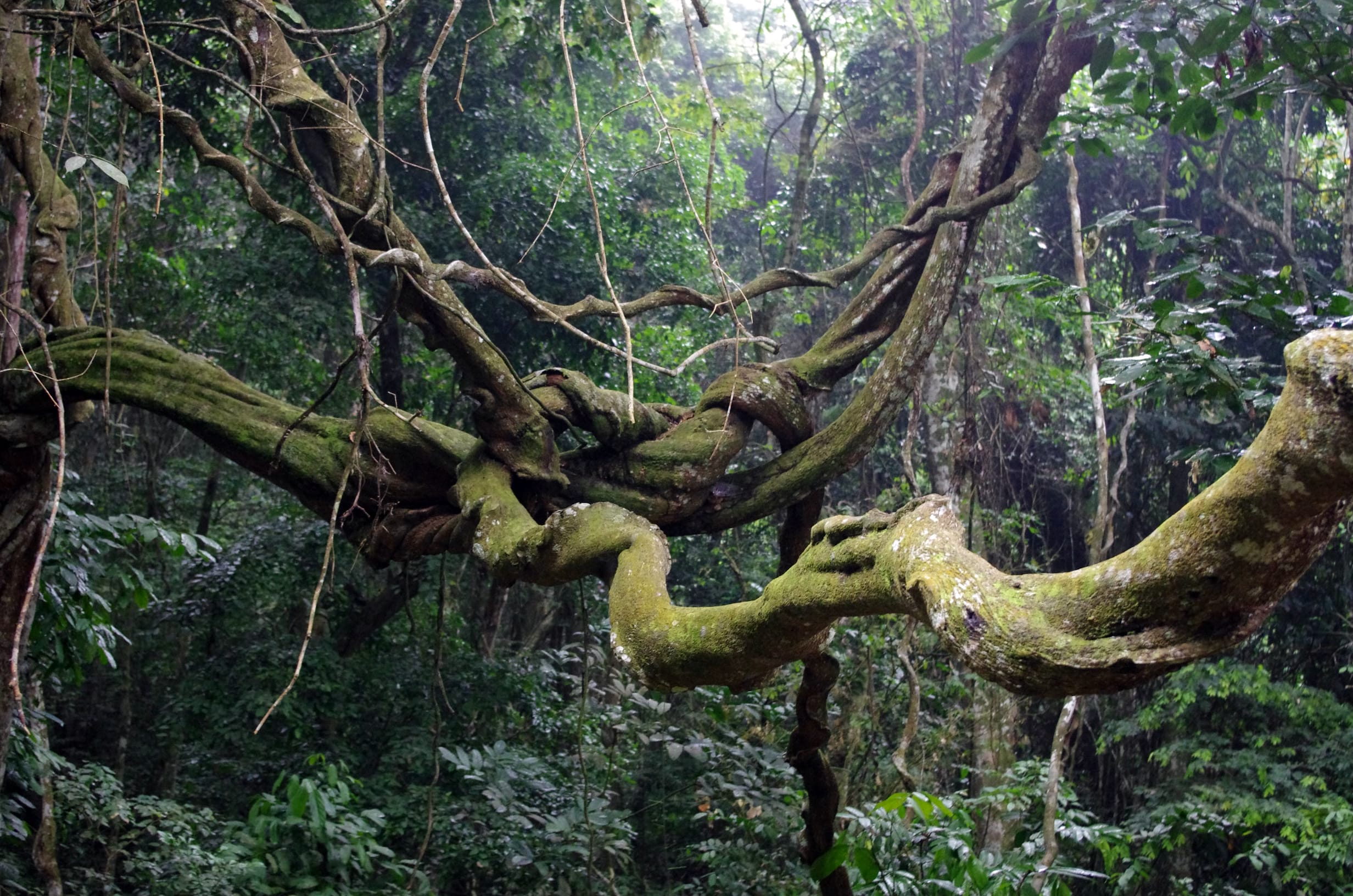
The Coalition for Rainforest Nations (CfRN) is a 501c3 nonprofit organization dedicated to empowering rainforest countries to assume a leadership role in the fight against climate change. Through policy support, capacity building, and direct finance, CfRN incentivizes developing countries to slow, stop, and reverse deforestation through the Reducing Emissions from Deforestation and Degradation (REDD+) mechanism. REDD+ is now universally recognized as one of the most immediate mitigation actions that preserves the planet’s rainforests and directly addresses the climate emergency.
CfRN’s Origins and the Promise of REDD+
Inspired by the call of Papua New Guinea’s former Prime Minister, Grand Chief Sir Michael Somare, to equitably preserve the planet’s rainforests, CfRN’s Executive Director, Kevin Conrad, who grew up in Papua New Guinea, and Managing Director Federica’s Bietta, who is from Italy, lead the Coalition for Rainforest Nations. By advancing REDD+, their aim was to give rainforest nations a voice within international climate negotiations and define rainforests as worth more alive than dead.
REDD+ was introduced in 2005 at the Eleventh Conference of the Parties (COP) of the United Nations Framework Convention on Climate Change (UNFCCC) by the newly formed Coalition for Rainforest Nations. Founding nations, Costa Rica and Papua New Guinea, envisioned REDD+ as a way to assign a financial value to forests for the role they play in removing carbon dioxide from the atmosphere, and not just as a source of logged timber, agriculture, or grazing lands. REDD+ (Forestry) is the only sector to enjoy a unique article in the 2015 Paris Climate Agreement (Article 5). Furthermore, REDD+ preserves forests at the scale and speed needed to keep 1.5 alive – the goal prescribed under the Paris Agreement of limiting temperature rise to 1.5°Celsius.
The REDD+ mechanism was developed over the years at successive COP meetings, as shown in the timeline below. As a result of CfRN’s leadership, rainforests are now recognized as a critical climate solution under the UNFCCC.
What We Do
CfRN’s work encompasses three key areas: policy support; capacity building; and direct finance. The collective goal of these programs is to effectively reward countries for the work they do to preserve their forests. The Coalition provides direct policy support during all UNFCCC negotiating sessions and works in-country to help develop conservation policies, laws, and national forest protection plans. CfRN also trains countries’ experts to build the expertise needed to gather data required by the UNFCCC to report forest conservation results. CfRN works to ensure that rainforest countries are compensated for verified emission reductions under REDD+, as promised under the Paris Agreement.
Policy Support
As a UNFCCC-recognized Negotiating Group, CfRN establishes and advances positions on behalf of its countries – over fifty rainforest nations —at all UNFCCC sessions. In this capacity, CfRN strives to advance the REDD+ mechanism and ensure that climate finance is allocated equitably to rainforest nations. Currently, CfRN is working to ensure that REDD+ is fully represented in the rulebook of the Paris Agreement.
Technical Training & Capacity Building
Countries’ results are eligible for financial compensation through REDD+ only after rigorous measurement, reporting and verification data are submitted, reviewed, and deemed to conform to UNFCCC guidelines. REDD+ results are then registered on the UNFCCC REDD+ Information Hub and made available to the public to review in detail. In its capacity building role, CfRN helps countries develop national technical expertise to take stock of their forest resources, create national plans to preserve them, and submit their data to the REDD+ registry at the UNFCCC in a consistent manner with their climate pledges, known as Nationally Determined Contributions (NDC) to the Paris Agreement.
Direct Finance
To date, rainforest countries have not been compensated for the majority of their REDD+ emissions reductions, as promised. Though certain governments including Norway, the U.K., and Germany, have paid bilaterally for some results, this is far from sufficient. CfRN’s finance work helps rainforest nations raise debt funding and receive performance-based compensation. The sale and trading of REDD+ Paris Agreement-compliant carbon credits is a growing source of climate finance. These credits are available for purchase through CfRN’s REDD.plus platform. Over the next few years, our member countries will bring a pipeline of sovereign carbon credits to market representing Paris Agreement-compliant emissions reductions, resulting from member country efforts to keep their rainforests standing.
